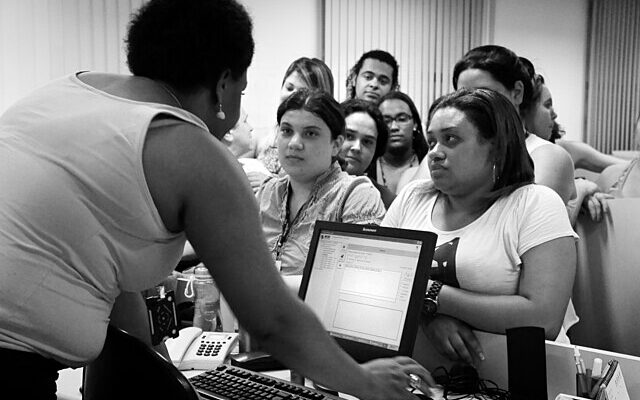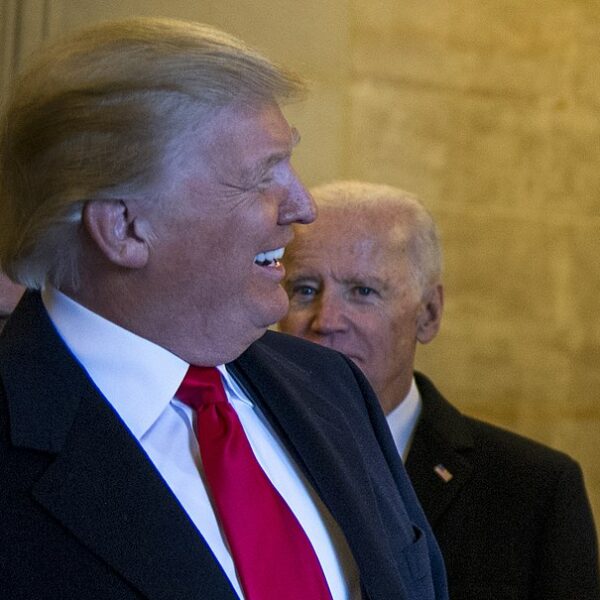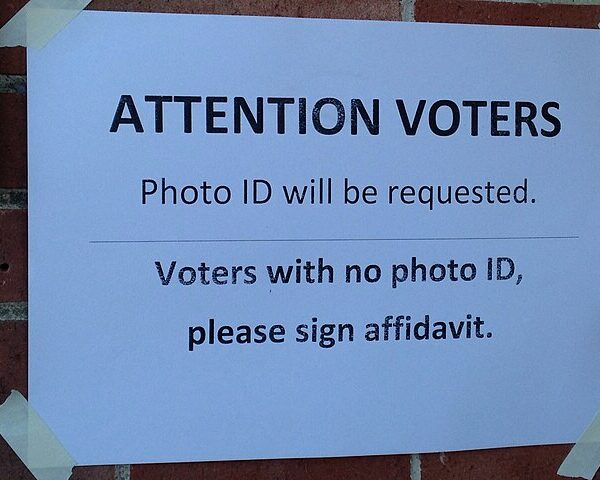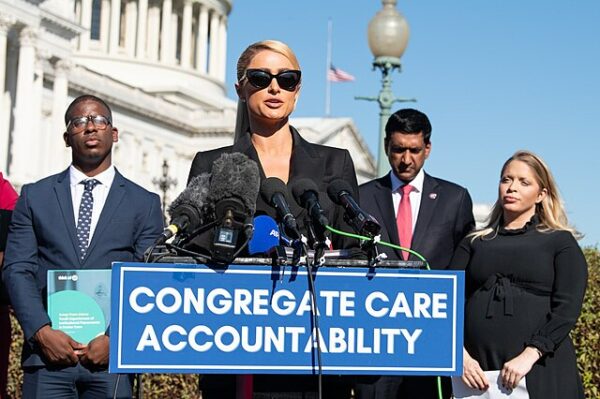
A new investigation has revealed how outsourcing giants and IT staffing operations are exploiting loopholes in the H-1B visa lottery, capturing nearly half of the 85,000 annual slots through aggressive—and often fraudulent—tactics. The result: major employers like Amazon and Intel, along with highly skilled immigrants seeking to build businesses in America, are losing out.
The work program, created in 1990 to give U.S. companies access to specialized foreign talent, is now dominated by middlemen working as staffing agencies. Data obtained by Bloomberg through a Freedom of Information Act lawsuit against the Department of Homeland Security shows that in 2023 alone, more than 11,600 visas went to large outsourcing firms, and another 22,600 to staffing companies. Many of these operators engaged in duplicate registrations for the same candidates to artificially boost their odds—an abuse federal authorities have called fraud.
Nearly half of all H‑1B visas went through outsourcing firms.
-"In all, nearly half the H-1Bs in Bloomberg’s analysis went to outsourcing or staffing companies." (2024)
What was supposed to bring in the best talent… turned into a backdoor for offshoring. pic.twitter.com/NlSgrDCEd0
— Amanda Goodall (@thejobchick) August 25, 2025
Bloomberg’s analysis of records from 2020 to 2023 identified two prime offenders: multinational outsourcers submitting masses of entries from overseas labor pools, and staffing firms colluding to file multiple applications per worker. The latter practice accounted for roughly 15,500 visas—about one-sixth of all 2023 approvals.
Staffing firms—often derided as “body shops”—exploited a 2020 Trump-era rule that lowered the cost of entry by allowing cheap online registrations before full applications. This made mass duplication easy. Bloomberg identified more than 3,600 such operators, many securing approvals with overlapping filings.
Bloomberg explained how the game works.
Visa middlemen soon found ways to manipulate the lottery, giving them an advantage over sponsors seeking a specific worker for a specialized role. H-1B rules require applicants to have a “bona fide” job offer for each visa they seek. Yet staffing firms used webs of connected companies to submit multiple lottery registrations for the same applicants. The US Citizenship and Immigration Services called this practice, known as “multiple registration,” fraudulent in a 2023 report and took steps to end it last year. A second strategy – flooding the lottery with thousands of interchangeable applicants – provides a major advantage for large outsourcing firms that tend to have vast overseas workforces.
The middlemen who win the lottery then farm out the visa-holders on contract to their business clients and take a portion of each worker’s pay. Academics and labor advocates say this practice distorts the H-1B program, resulting in a system that undercuts US workers, creates a kind of second-class workforce with fewer job protections, and tilts the labor market in favor of employers.
Regardless of how the visas were obtained, the data show that middlemen companies paid workers far less than H-1B holders who didn’t go through staffing or outsourcing firms. Immigration law requires visa sponsors to pay H-1B workers no less than their similarly-situated American colleagues, but because contract workers are not directly employed by the end-client, they can be paid lower salaries than their direct-hire counterparts in the same office.
It is difficult for H-1B workers to complain about compensation or seek jobs that pay more because the staffing firms sponsor, and thus control, their visa status, according to Daniel Hutchinson, an attorney at Lieff Cabraser Heimann & Bernstein. In 2013, Hutchinson helped 12,000 visa workers win a $29.75 million settlement from TCS after plaintiffs alleged the outsourcer took out illegal deductions from their salaries and required them to sign over their tax refund checks to TCS.
It’s essentially outsourcing but bringing those workers to the United States on a temporary basis instead of sending the job overseas. According to studies, most of the biggest users of the H-1B visas—the U.S.’s largest temporary work visa program—are companies that have an outsourcing business model.
Reforms have struggled to catch up. In 2024, U.S. Citizenship and Immigration Services (USCIS) began selecting by individual rather than entry, a shift intended to blunt duplicate filings. The agency said it “has strengthened the integrity of the H-1B registration system – including by issuing a final rule amending the H-1B process earlier this year.” But USCIS lacks authority to bar firms outright, leaving loopholes open.
Critics say the program has strayed from its intent, contending the system rewards low-wage labor over genuine talent. As submissions continue to soar, Bloomberg’s review of 1.8 million records suggests volume—not merit—remains the decisive factor in America’s most contested visa.
The good news is that the White House appears to be on the verge of changing the system so that it prevents this sort of gaming. Forbes recently reported that “the Trump administration plans to publish a proposed rule to end or significantly change the annual H-1B visa lottery. Near the end of Donald Trump’s first term, the administration proposed ending the current random selection process used each year when H-1B registrations exceed the annual limit of 65,000, plus a 20,000 exemption for individuals with an advanced degree from a U.S. university. In its place, U.S. Citizenship and Immigration Services would have awarded H-1B petitions based on salary from highest to lowest. Commenters warned the rule violated the statute and would disadvantage recent international students and other early-career professionals. The Office of Management and Budget is reviewing the rule and could clear it for publication within weeks.”
After the Department of Homeland Security finalizes the immigration rule, the public will have a chance to weigh in through a formal comment period. Unless a lawsuit intervenes to halt its implementation, the new H-1B selection system could take effect as early as March 2026—just in time to govern the FY 2027 visa lottery.
[Read More: Wildfire Money Went To Fund Pet Projects, Not Victims]











